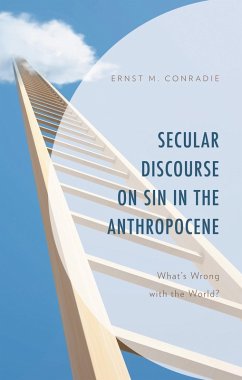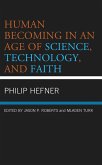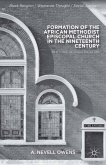In Secular Discourse on Sin in the Anthropocene: What's Wrong with the World, Ernst M. Conradieutilizes a notion of social diagnostics to explore not only the surface-level symptoms of ecological destruction, but also its ultimate causes. Conradie uses two toolkits to review secular literature on the Anthropocene, namely the prophetic and pastoral vocabulary of Christian sin-talk and the theological critique against apartheid in South Africa. Various layers of the underlying problem are uncovered on this bases, including unsustainable "habits of the heart," structural violence, the ideologies of unlimited economic growth and humanism, quasi-soteriologies such as climate engineering, idolatries such as self-divinization, and heresy. Conradie offers authentic discourse on the Anthropocene from the perspective of the global South, and includes a theological postscript to posit tentative suggestions as to what God may have in store for humanity in this time. Scholars of theology, environmental studies, and history will find this book particularly useful.
Bitte wählen Sie Ihr Anliegen aus.
Rechnungen
Retourenschein anfordern
Bestellstatus
Storno









